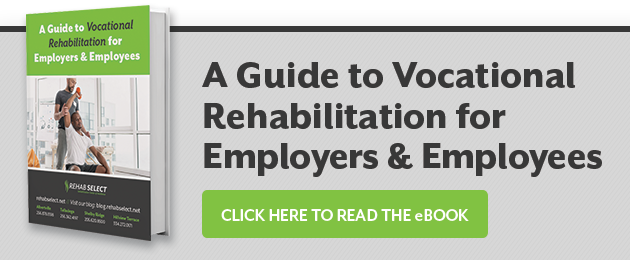 Workers’ compensation provides workers with benefits when they suffer a work related injury or illness. For an injury that involves lost work time, those benefits generally include some compensation for lost wages, as well as medical benefits.
Workers’ compensation provides workers with benefits when they suffer a work related injury or illness. For an injury that involves lost work time, those benefits generally include some compensation for lost wages, as well as medical benefits.
Many people who qualify for workers comp benefits after an injury may also be covered by a long term disability policy that also offers some compensation for lost wages for injured workers. If you are one of them, you may want to know if claiming your long term disability benefits will affect your workers’ compensation. Can you collect from both?
Long Term Disability Policy
The answer to those questions depends on your long term disability policy, and whether that policy was purchased by you directly or by your employer. That being said, most policies will pay out benefits for workplace injuries when that injury keeps a person out of work for a certain period of time – after anywhere from 30 days to 6 months, according to the details of the policy. While policies differ, most pay out around 60 percent of what you earned while working.
How Long Term Disability Affects Workers' Comp
However, it is important to know that claiming benefits from both workers’ comp and long term disability insurance can be tricky. Many disability policies contain wording that allows them to “offset” benefits you may be receiving from other sources, including workers’ comp. That basically means that they can take the amount you are getting from workers’ comp out of the benefits they are obligated to pay to you.
Additionally, if your disability policy was established by your employer, in some cases, your employers workers’ comp insurance carrier may try to claim an offset based on the long term disability benefits, reducing the amount they pay out in lost wages under workers’ comp.
Another way that claiming long term disability payments can affect your workers’ comp benefits is that some policies require that people who claim benefits apply for Social Security Disability benefits.
That’s because most of these policies can claim an offset for any benefits you receive from Social Security. While offsets are basically hashed out between insurers, and at least one of them will have to pay you, these details can make your workers’ comp case more complicated while they work it out.
For that reason, getting legal help as you go through this process may be wise – and could help ensure that you get all the benefits you are entitled to as you work to recover and rehabilitate after a work related injury.
If you have questions related to recovering from a workers' comp injury, contact Rehab Select to learn more.





